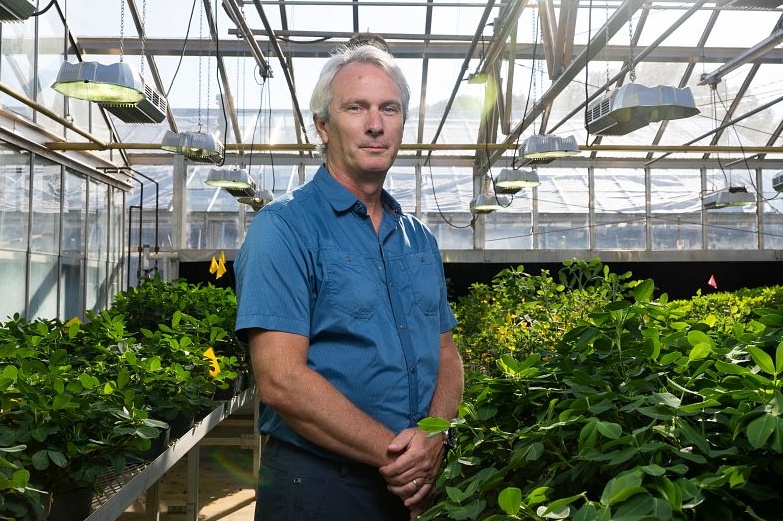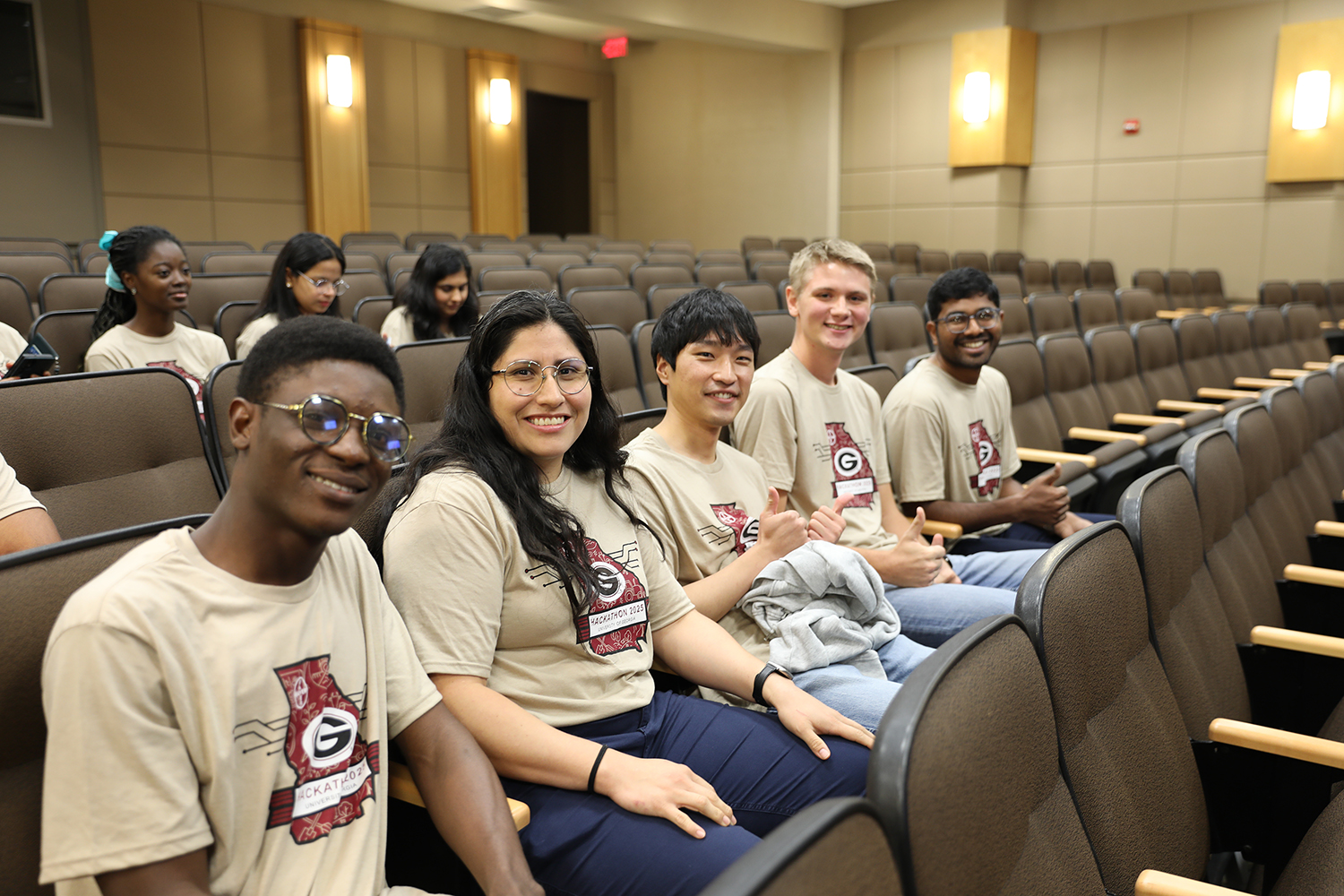News
Research News
Research Archives | CAES Field Report
 Research Archives | CAES Field Report
Research Archives | CAES Field Report
 Research Archives | CAES Field Report
Research Archives | CAES Field Report
 Research Archives | CAES Field Report
Research Archives | CAES Field Report
 Research Archives | CAES Field Report
Research Archives | CAES Field Report
 Research Archives | CAES Field Report
Research Archives | CAES Field Report

Posted by Maria Lameiras, Olivia Randall on Jan 26, 2026
UGA’s Scott Jackson is designing the future of food

Posted by Makenna Reavis, Emily Cabrera on Dec 10, 2025
Fruit and Vegetable 40 Under 40 awards spotlight UGA Extension impact on Georgia growers

Posted by Maria Lameiras on Nov 18, 2025
CAES director of industry partnerships aims to strengthen agricultural advancement and student success

Posted by Makenna Reavis on Oct 27, 2025
CAES team wins real-world data challenge in UGA-Bayer Hackathon

Posted by The Office of Marketing and Communications on Oct 15, 2025
UGA’s Precision Horticulture Lab: Transforming farm operations with drone technology

Posted by Emily Cabrera on Oct 2, 2025
Field to fabric: UGA researchers innovate to secure the future of Southern cotton

